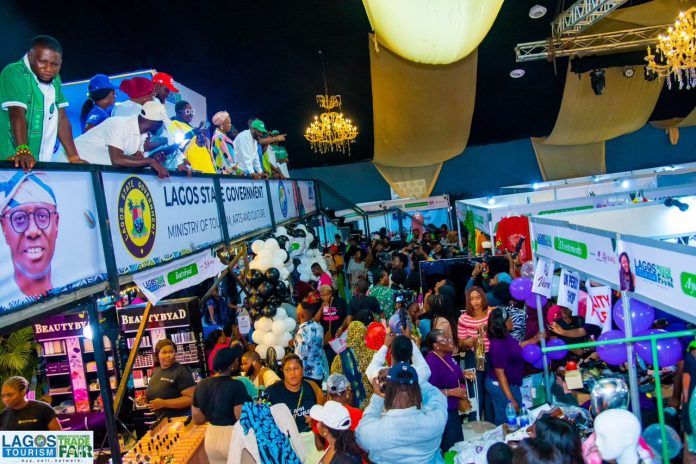Nigeria’s tourism sector is set to take centre stage this December as Lagos hosts a landmark cultural and tourism exhibition aimed at unlocking the nation’s vast but underdeveloped tourism potential. Organised by Migbaci Expo, the three-day event is expected to draw more than 15,000 participants from across Nigeria and overseas, while hundreds of thousands more will engage through digital platforms, extending its global reach.
The exhibition promises to be a turning point for Nigeria’s tourism narrative, bringing together government officials, investors, policymakers, and industry leaders to discuss solutions to the sector’s challenges. Beyond discussions, the event will showcase the diverse cultural wealth of Nigeria, with states invited to present their heritage, festivals, landmarks, and natural attractions to demonstrate how tourism can drive both economic growth and cultural pride.
Chief Executive Officer of Migbaci Expo, Akinwale Alabi, underscored the urgency of government and private sector investment. “Tourism is the way to go. That is why we are hosting this event—to open eyes to what Nigeria has and what we’re failing to harness,” he said, describing the industry as “a gold mine waiting to be tapped.”
Delegates from around the world, including representatives from Ireland, are expected, with the exhibition also collaborating with the Idea Hub in Dublin to broaden its international influence. Consultant Ayo Olesin added perspective on missed opportunities, noting how Germany commercialises its beer culture and Cape Town has elevated its wine industry to global acclaim. “Meanwhile, we have palm wine and unique traditions here that we don’t promote,” he said.
The exhibition will include training, policy discussions, investment drives, and interstate collaborations, with incentives such as free tourism trips for attendees. Organisers believe the event could serve as a template for repositioning Nigeria as one of Africa’s leading travel destinations.
Experts agree that if properly developed, Nigeria’s cultural assets—from vibrant festivals to historic landmarks—could transform the tourism sector into a multibillion-dollar industry. As Alabi put it, “What some countries depend on for survival isn’t even half of what Nigeria has in tourism potential.”
With the December event, stakeholders hope to rally both government and private actors toward unlocking this potential and building a thriving tourism future for Nigeria.
















